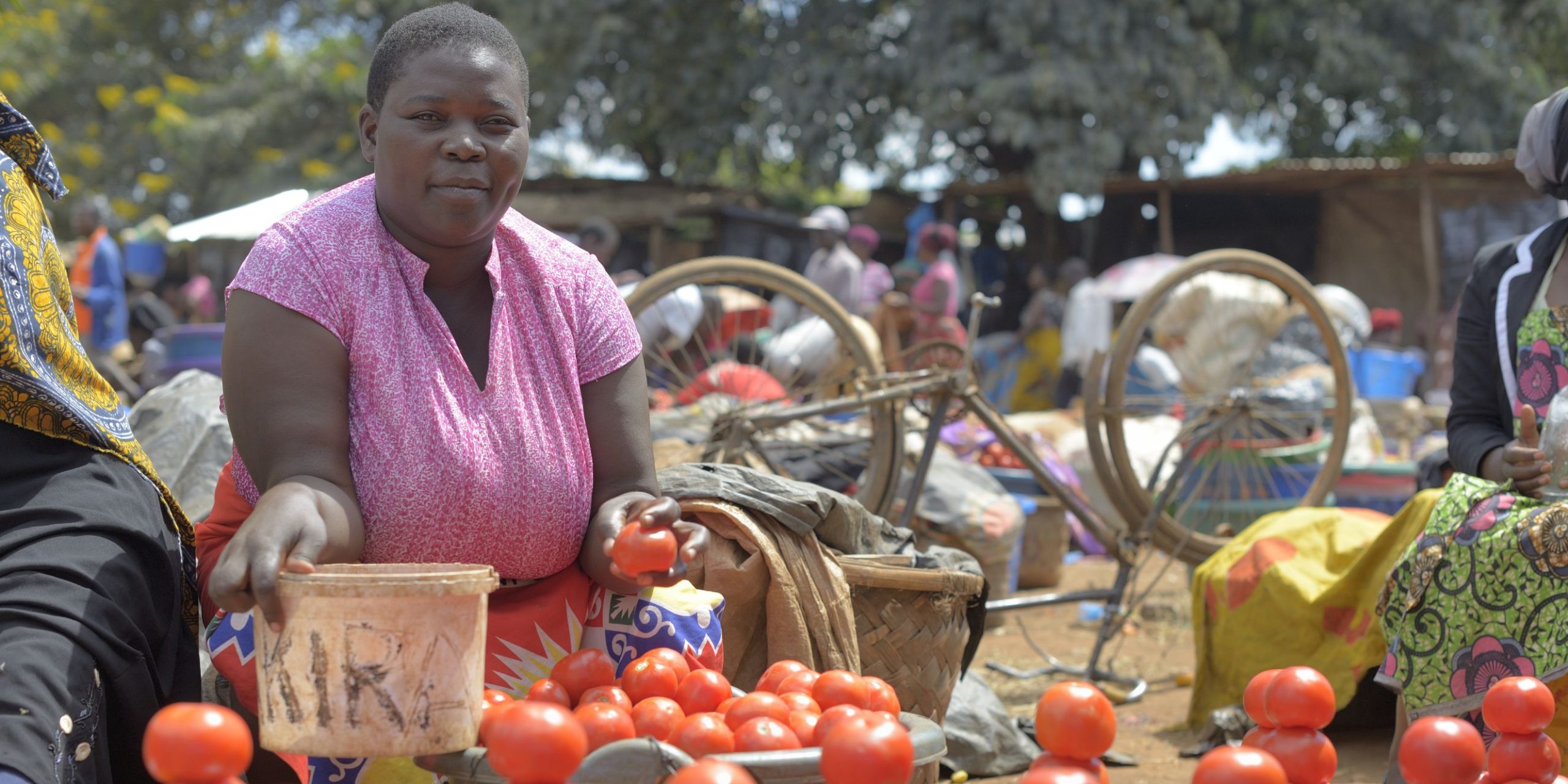
The microfinance institution MLF Malawi has been benefiting from the SSNUP (Smallholder Safety Net Upscaling) program from the first quarter 2023, coordinated by ADA (Appui au Développement Autonome) and for which the Grameen Crédit Agricole Foundation was selected as one of the impact investors in charge of its implementation. This program aims to increase the productivity and resilience of small-scale farmers, particularly in Asia and Africa, through better risk management and the promotion of sustainable and climate-smart agricultural practices.
The two-year project aims to improve the financing of agricultural activities by farmers in rural areas in Malawi through the development of agricultural loans and a credit scoring system, the integration of mobile money transfer and savings services, and the optimization of operational procedures.
The technical assistance provided by the Foundation as part of the program will strengthen the MFI’s financial offer by training 17,000 women farmers (operating in the corn, Irish potato, soybean, rice, livestock, horticulture and peanut sectors) in digital finance to improve their digital literacy and promote the use of mobile money services. Once trained to use mobile money, these 17,000 women will have easier access to additional financial services tailored to their business. They will build their confidence levels to transacts on their own.
Malawi’s economy is heavily dependent on the agricultural sector (29.5% of GDP), which employs over 80% of the population (World Bank). The population is mainly dependent on subsistence, rain-fed agriculture, which increases its vulnerability to climate shocks and creates food insecurity. Mobile money services promote financial inclusion for women.
MLF Malawi, a Grameen Crédit Agricole Foundation partner since 2018, is a credit microfinance institution (MFI) established in 2002 by MicroLoan Foundation UK, a charity that has dedicated its activities to microfinance in sub-Saharan Africa. As of December 2022, the institution had over 40,000 active borrowers (100% women, 80% rural) and managed a loan portfolio equivalent to approximately €4.6 million.
For more information on the SSNUP program, click here.